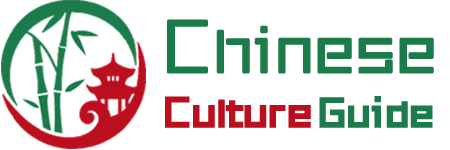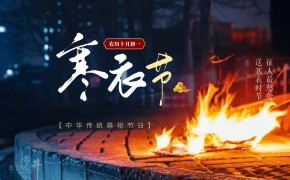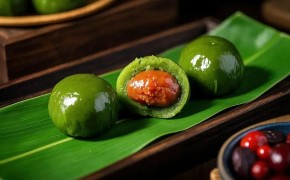The 7th day of the first lunar month, known as Renri (人日, Human Day) or Ren Sheng Festival (人胜节), is a unique traditional Chinese celebration that honors the ”birthday of all humanity.” Rooted in ancient mythology, it reflects the profound value Chinese culture places on human life and well-being.
A Mythical Origin Story
The festival originates from the Chinese creation myth of the goddess Nüwa. Legend says she created the world’s creatures in a specific order over the first six days of the new year: chickens on day one, dogs on day two, pigs on day three, sheep on day four, cattle on day five, and horses on day six. On the seventh day, she created humans. This belief dates back over 2,000 years to the Han Dynasty.
The day’s weather was seen as an omen. A clear, fine day on Renri was believed to signify a year of peace, prosperity, and good health for people, while gloomy weather could indicate challenges ahead.
Traditional Customs and Symbolic Foods
Renri is marked by special customs and foods, each rich with symbolic meaning for good fortune.
Feasting on Seven-Vegetable Porridge (Qibao Geng, 七宝羹)
A special porridge or soup is made with seven different vegetables. The ingredients vary by region but are chosen for their auspicious homophonic (similar-sounding) meanings.
For example, lettuce sounds like “growing wealth,” and garlic sounds like “good calculation.” Eating it symbolizes praying for good luck, warding off evil, and ensuring a bountiful year.
Eating Long-life Noodles
Like many birthdays, this day features long noodles, symbolizing longevity. The act of eating them represents the wish to “tie down the legs of time” and enjoy a long, healthy life.
Wearing Rensheng (人胜) Hair Adornments:
In ancient times, people, especially women, celebrated by wearing decorative hairpins called Rensheng. These were often crafted from colorful silk, gold foil, or paper cut into the shape of human figures. They were also pasted on screens or windows. This custom was meant to bring good luck and ward off evil spirits.
Lo Hei (捞鱼生) – Tossing the Raw Fish Salad:
A vibrant custom, particularly in parts of South China and Southeast Asian Chinese communities, is Lo Hei. People gather around a large plate of shredded vegetables and raw fish.
Together, they toss the ingredients high into the air with chopsticks while loudly shouting auspicious phrases like ”Lo ah! Lo ah!” (捞啊! meaning “toss it up!”) and ”Fatt ah!” (发啊! meaning “prosper!”). The higher the toss, the greater the promise of rising fortunes and success in the coming year.
Ascending Heights:
It was also traditional to climb a hill or a high place. This act was seen as a way to broaden one’s horizons, gaze into the future, and attract good fortune for the year’s endeavors.
From Ancient Rite to Lasting Wish
While some ancient customs are less common today, the core spirit of Renri endures. It remains a day focused on respect for human life, prayers for good health, and hopes for prosperity. It embodies the ancient Chinese ideal of ”人民安” (rénmín ān – peace and security for the people).
Modern celebrations might be simpler, often centered on enjoying the symbolic foods with family. The practice of eating noodles for longevity remains widespread. In some places, like Chengdu, special events like poetry recitals at the Du Fu Thatched Cottage keep the tradition alive.
Renri is a beautiful reminder of the human-centered values within Chinese culture. It’s a day to express gratitude for life and to collectively wish for a happy, healthy, and prosperous year for all.




















There are no comments yet, come and comment~